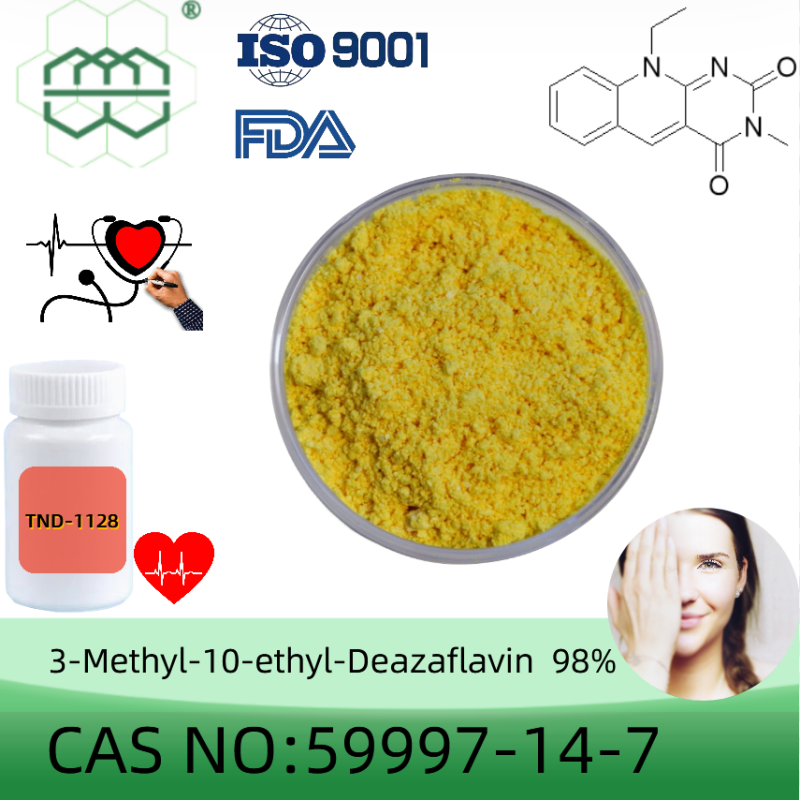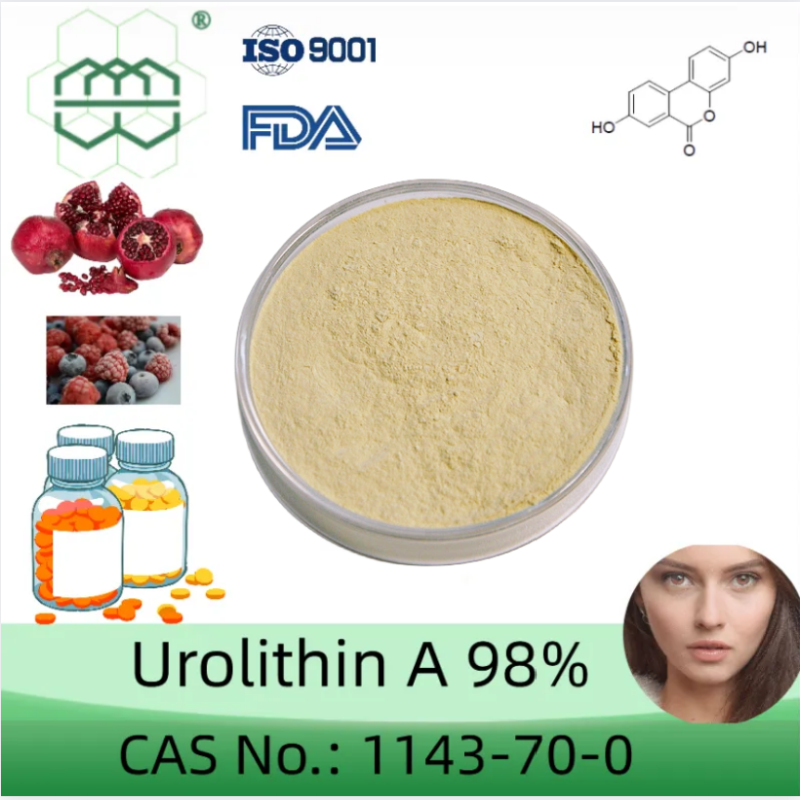-
Categories
-
Pharmaceutical Intermediates
-
Active Pharmaceutical Ingredients
-
Food Additives
- Industrial Coatings
- Agrochemicals
- Dyes and Pigments
- Surfactant
- Flavors and Fragrances
- Chemical Reagents
- Catalyst and Auxiliary
- Natural Products
- Inorganic Chemistry
-
Organic Chemistry
-
Biochemical Engineering
- Analytical Chemistry
-
Cosmetic Ingredient
- Water Treatment Chemical
-
Pharmaceutical Intermediates
Promotion
ECHEMI Mall
Wholesale
Weekly Price
Exhibition
News
-
Trade Service
Original title: How do older people eat healthy in the post-epidemic era?
During the outbreak of new coronary pneumonia, Ma, director of the Department of Geriatric Respiratory Medicine of guangzhou First People's Hospital, and her team fought in the clinical and scientific research front line, aiming at the pathogenesis characteristics of elderly patients, and accumulated rich experience in the standardized prevention and treatment strategies of elderly patients. On May 8th, Ma made a guest visit to the "Baying Master's Lecture Hall" to explain the dietary nutrition rules of the elderly and how to correctly understand the nutritional methods of the elderly in their homes against the virus.
, nutritional status is one of the important factors affecting the prognostication of disease in elderly patients, and patients should avoid losing weight too quickly during treatment. According to the actual situation of patients, priority choice of intestinal nutrition, if necessary, the use of extraintestinal nutrition, daily to ensure that the total body weight per kilogram of calorie intake of 25-30 kcal, the total protein remains at 1.2-2.0 grams.
" older people should also pay attention to vitamin supplementation, trace elements, especially vitamin D. In December 2019, a study published in the International Journal of Immunopsy pharmacology found that vitamin D mobilizes human cells to secrete "antimicrobial peptides" that help enhance antiviral effects. "The sun is the best way to supplement vitamin D, the ability of older people to synthesize vitamin D is reduced, the time is appropriately extended, but not exposure to the sun. Through the glass sun, ultraviolet penetration rate is insufficient, is not conducive to the synthesis of vitamin D, preferably in a better green environment outdoor. Vitamin
supplemented with a reasonable diet and precise nutrients. In natural foods, fatty fish such as salmon, sardines, tuna, dried dried mushrooms, and egg yolks and animal guts contain vitamin D. Children, pregnant women, the elderly, etc. may take vitamin D supplements under the guidance of a doctor.
note that vitamin D needs, synthesis efficiency, and consumption vary for different age groups, so vitamin D supplementation needs to be accurate. Vitamin D maximum tolerable intake of 20-50 micrograms per day, excessive intake will increase blood calcium levels, long-term increase the risk of kidney stones, arrhythrosis and other diseases.
also for the elderly to develop a healthy diet recommendations:
small number of meals, snacks to supplement nutrition. It is recommended that the elderly eat 5-6 meals a day, and add some snacks between meals, such as porridge, oatmeal, or soy milk, cut small pieces of fruit platter.
replace some animal proteins with soy products. As the body ages, protein synthesis becomes slow, so more protein supplementation is needed. Since meat intake must be limited, some high-quality protein can be replaced by nuts such as peanuts, walnuts and almonds.
with vegetables added to your staple food. Make sure you eat at least half a kilo of vegetables a day. Try to select soft-textured vegetables, such as tomatoes, melons, winter melons and leaves, etc. , cut into small pieces or cut into filaments before cooking.
eat 2 servings of fruit a day. Elderly people are advised to consume 2 servings (200-400 grams) of fruit per day. Some soft fruits, such as bananas, watermelons, peaches, papayas, mangoes, kiwi fruits and so on suitable for the elderly to eat.
supplemented with B vitamins. Illness, medication or after surgery, will cause a large loss of B vitamins, need to pay special attention to supplement B vitamins. Whole grains and nuts are rich in B vitamins, so a daily diet requires the right amount of coarse-grain nuts.
limit fat intake. The intake of oil should be based on vegetable oil, avoid fat meat, animal oil, less fried way to cook food. Try to eat as little dessert and pastry as possible. Rotate unsaturated fats such as corn oil, sunflower oil, and mononated fats, such as olive oil and peanut oil, to a balanced intake of fatty acids.
use other flavoring methods. Taste insensitive elderly people need to make good use of some food-specific aromas, such as coriander, mushrooms, onions, etc., or add a little strong odor of Chinese herbs, such as home, cinnamon, five incense, octagon, dates, red dates, etc., to enhance appetite.
eat less spicy food. Although spicy spices can stir up appetite, but too much easy to hurt, dry tongue, hot, sleep bad and other symptoms.
to re-hydration during the day. Older people drink at least 1200 ml (about 6 cups) of water per day, in order to drink boiled water or light tea is appropriate.
.







